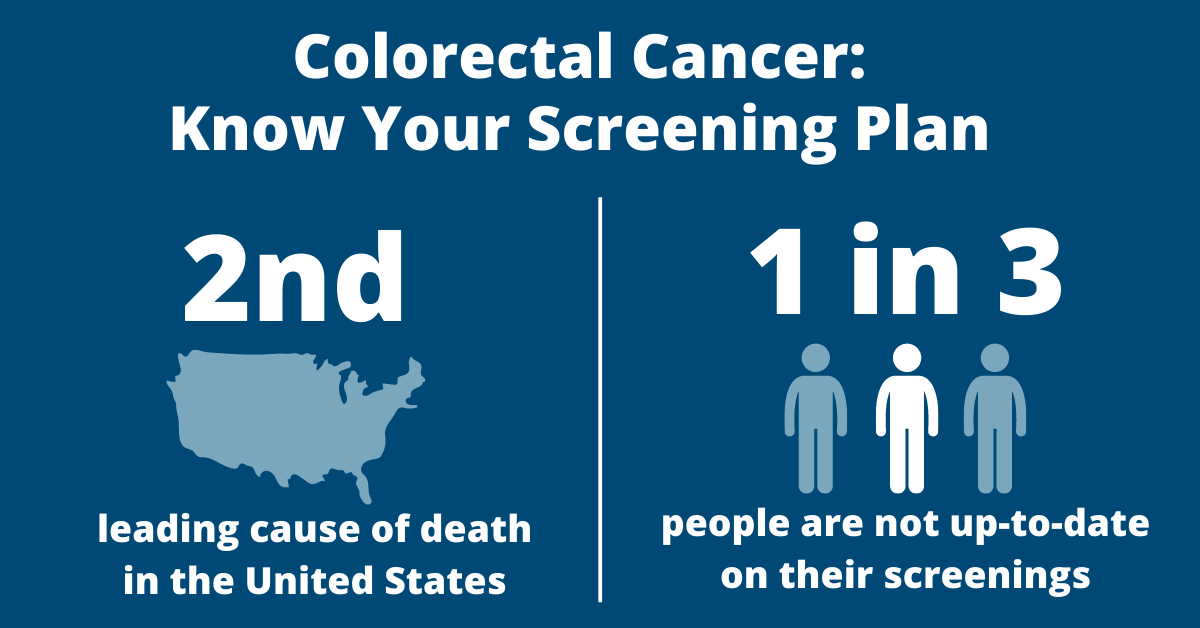
Passing at just 43 years of age, the tragic death of Chadwick Boseman as a result of colon cancer has hit hard. The talented actor, known for iconic movie roles like Black Panther and Jackie Robinson, is now, in death, shedding important light on the role colon cancer plays in so many lives.
While Boseman is only one face of colon cancer, let’s talk numbers:
Colorectal cancer is the second leading cause of cancer death in the United States.
One in 20 people will be diagnosed with colorectal cancer in their lifetime.
One in three people are not up-to-date with their colorectal cancer screenings.
Death rates from colorectal cancer have been decreasing, but that is due in large part to the fact that people are getting screened. Timely evaluation of symptoms consistent with colorectal cancer is essential. This is true for adults regardless of age.
Screening can be accomplished in a variety of ways. For patients without symptoms, speak to your primary care doctor and gastroenterologist to make sure you are on track to receive screening at the right time to help prevent colon cancer.
Common Symptoms
Early colorectal cancer often has no symptoms, which is why screening is so important. Screenings are typically recommended once a patient reaches 45 years of age, though a range of other factors may indicate earlier screenings like a family history of polyps or colon cancer. You may have previously been familiar with age 50 being the earliest those at average risk are recommended to get a colonoscopy, but with the disease on the rise in younger patients that age has been dropped.
Although the lifetime risk of colon cancer is similar in men and women, research shows that black Americans are being diagnosed at a younger age than other populations. There is also quite a disparity in colorectal cancer mortality for African Americans at 40% higher than other populations.
As a tumor grows, it may bleed or obstruct the intestine. In some cases, blood loss from the cancer leads to anemia, fatigue or weakness.
Other warning signs that require further medical evaluation include:
- Blood in the stool or from the rectum, including red and dark/black stool
- A change in bowel habits or shape
- Abdominal pain in the lower abdomen
- Urgency in needing to use the restroom
- Prolonged constipation or diarrhea
- Unintended weight loss
Risk Factors
Several factors are known to influence an individual’s risk of colorectal cancer development, including advancing age and family history. The median age at diagnosis for colon cancer is 68 in men and 72 in women. Rectal cancer’s median age is even younger at 63 for both men and women.
It is important to note the rising incidences of colorectal cancer in younger adults. In 1990, 6% of cases occurred in those 50 and younger. In 2011, that number had increased to 11%. Most of these cases (72%) occurred in individuals in their forties.
Up to 30% of patients with colorectal cancer have a family history. Of these, as many as 5% have an identifiable genetic predisposition. People with a first-degree relative (a parent, sibling or child) who has been diagnosed with colorectal cancer have two to four times the risk of developing the disease compared to people without a family history. Risk can also extend beyond first-degree relatives, for example, in people with extended relatives who have been diagnosed with precancerous colon polyps known as adenomas.
To determine at what age you should have a screening and which method of screening is right for you, discuss your risk factors by making an appointment with your primary care physician or gastroenterologist. By making your trusted doctor part of the conversation and completing your appropriate screenings, together we can reduce the risk of colorectal cancer and prevent losing more individuals like Chadwick Boseman who have so much to contribute to the world.
